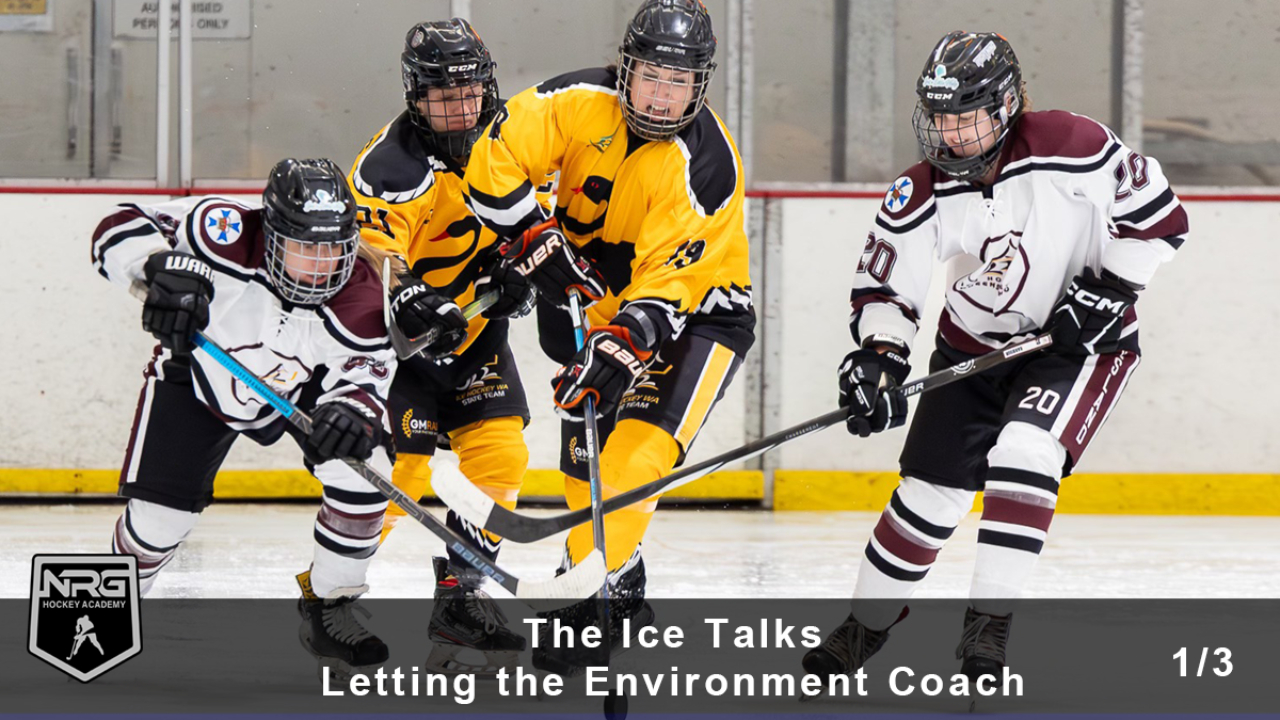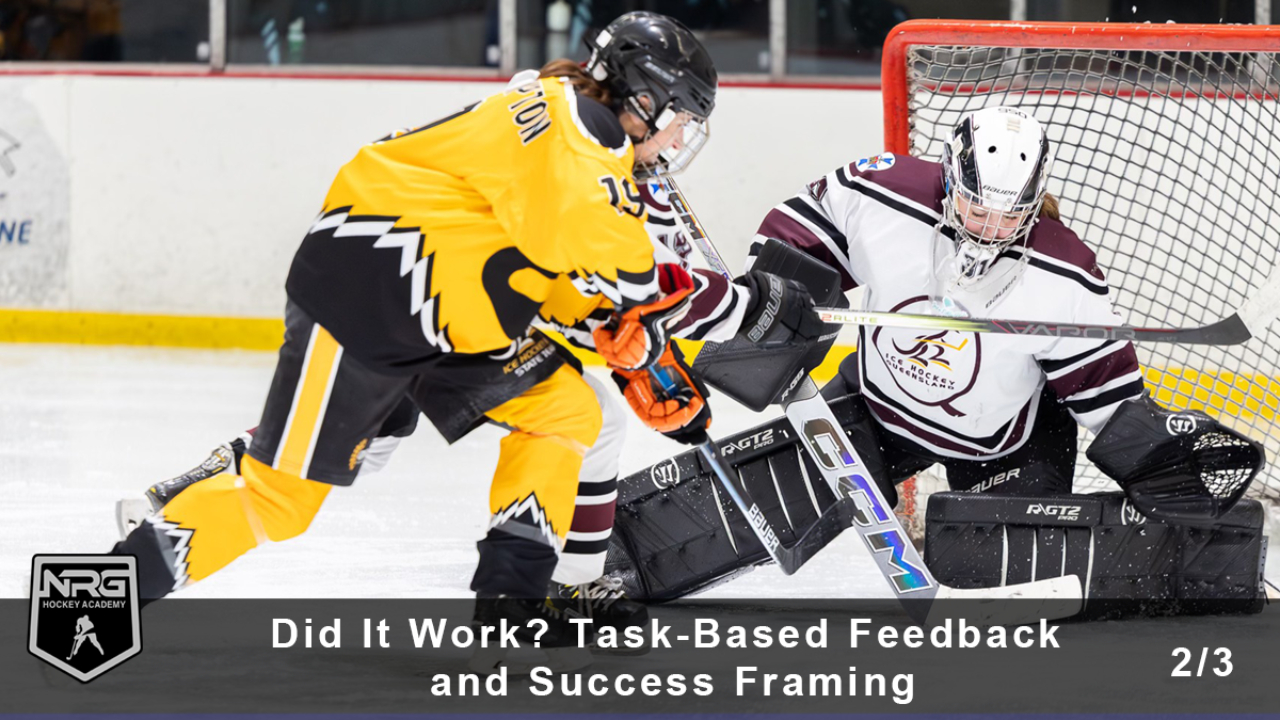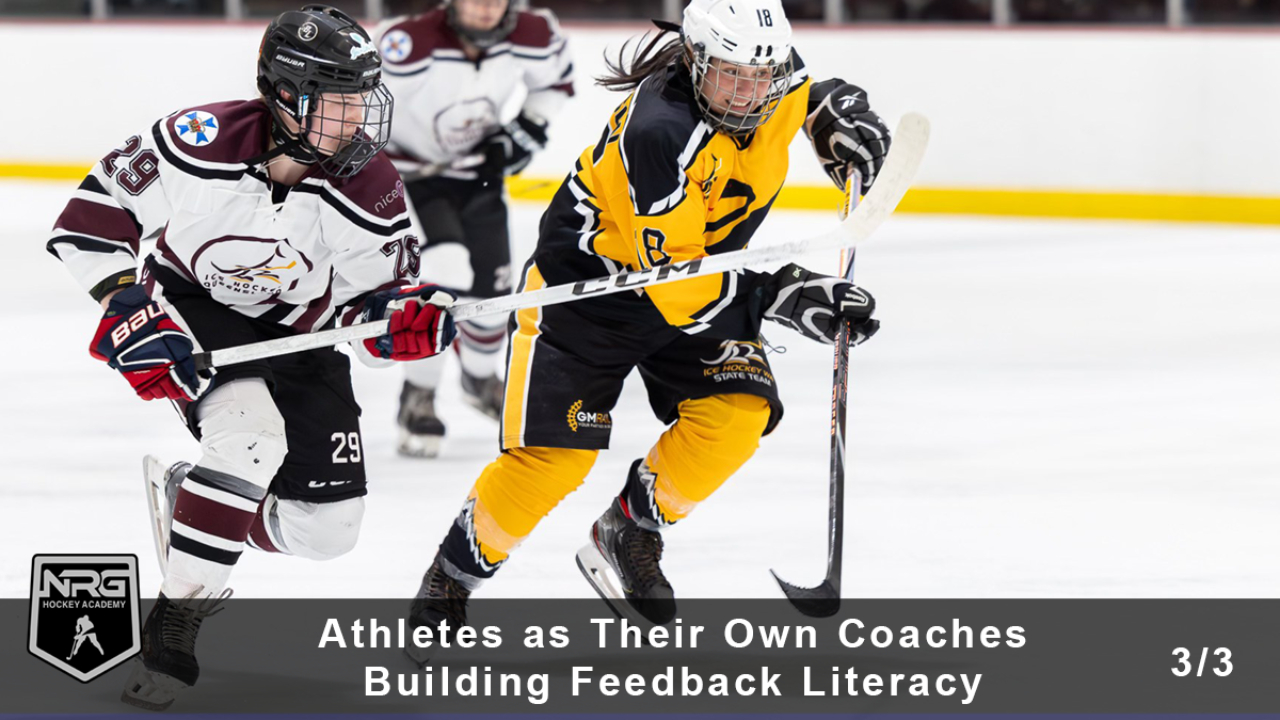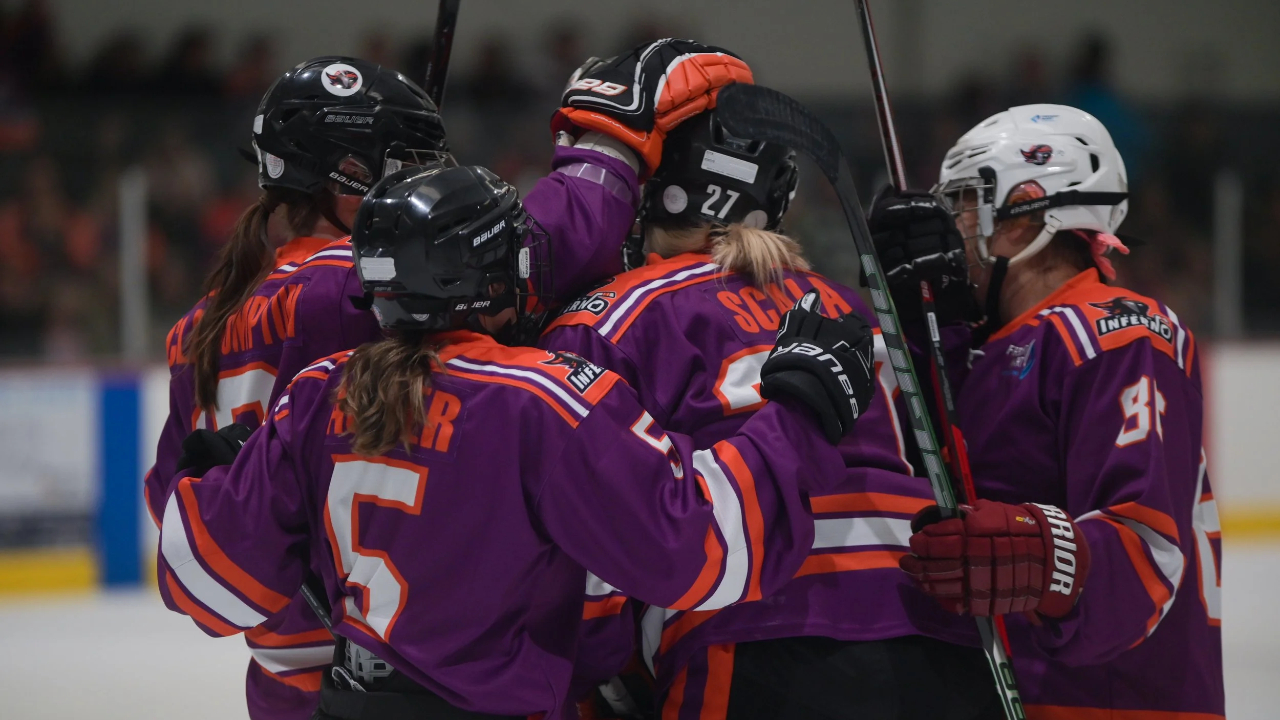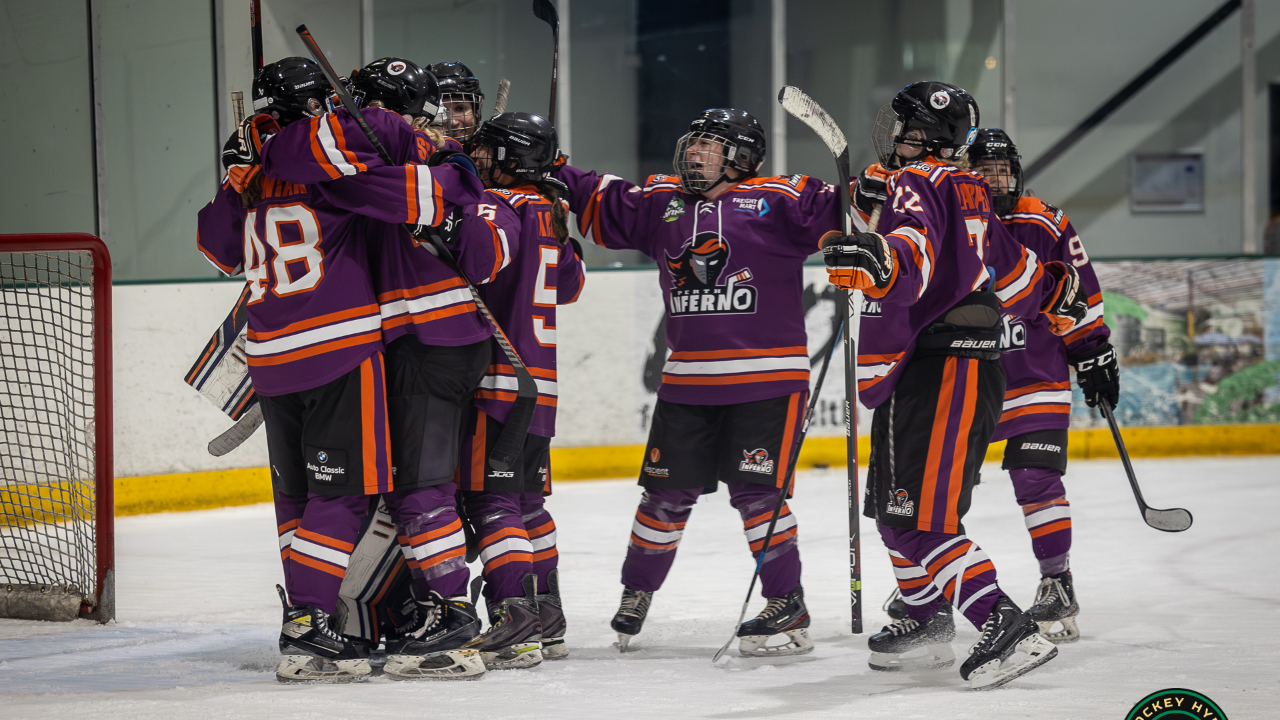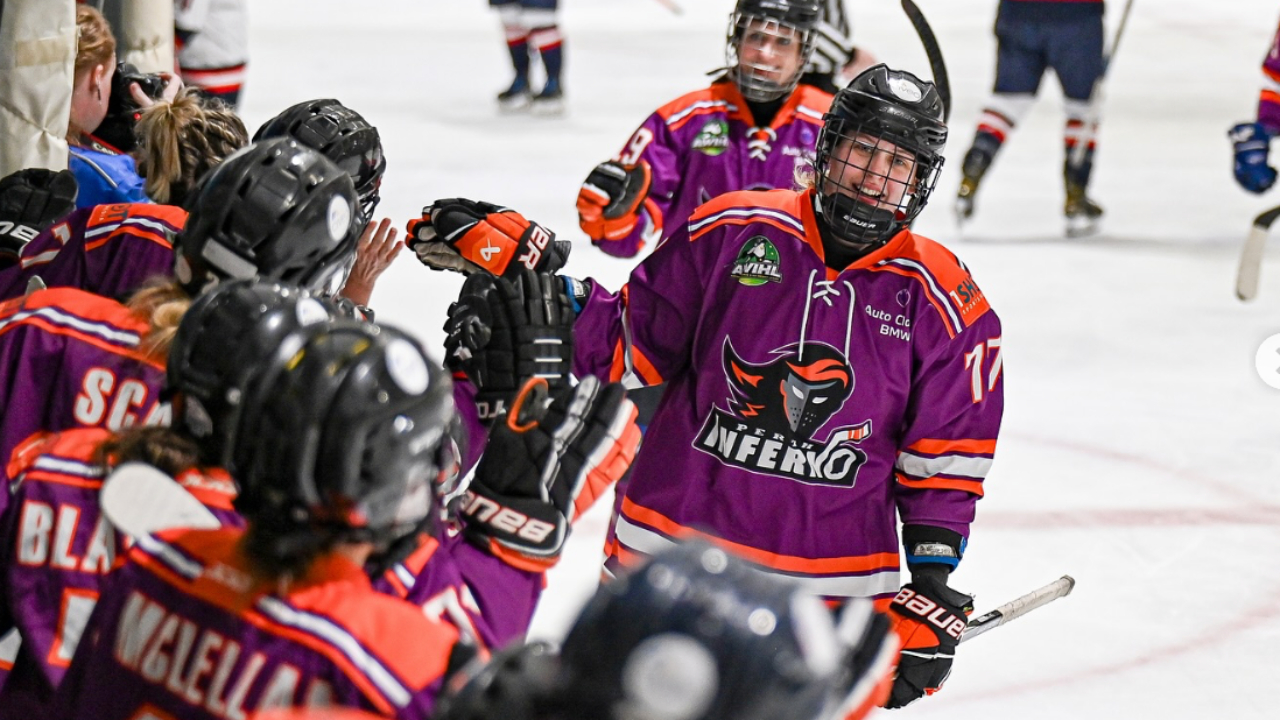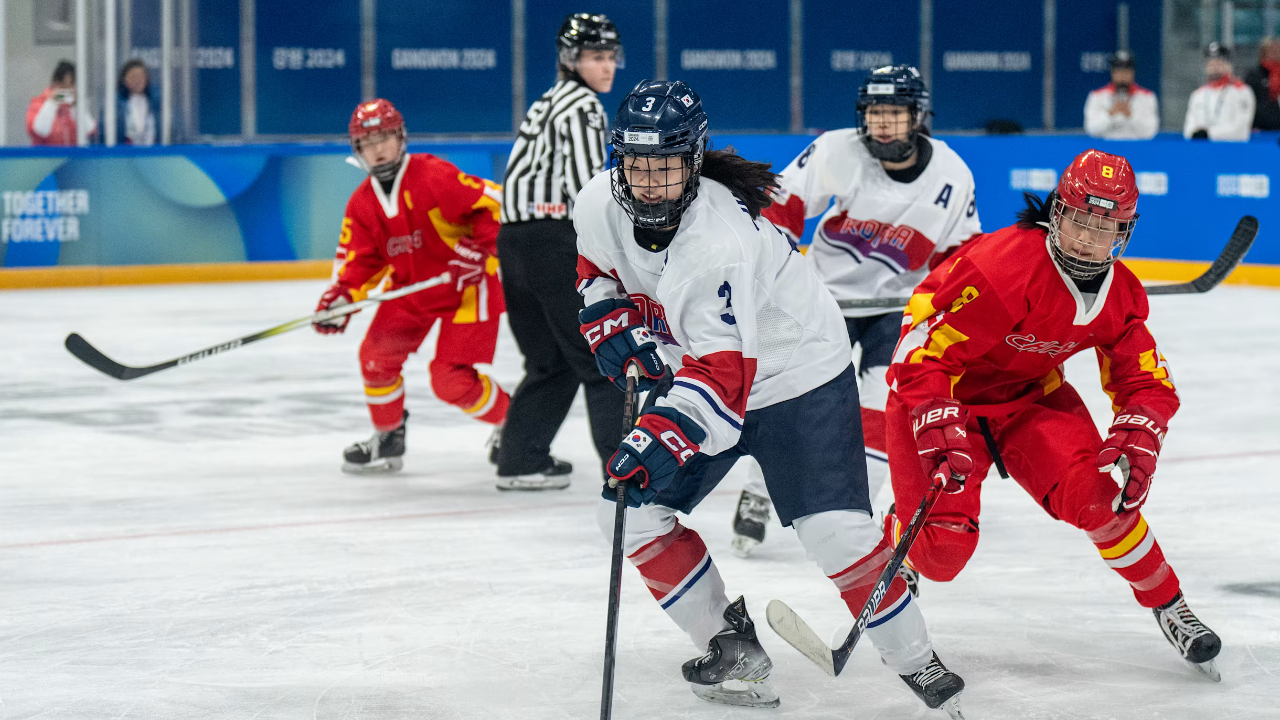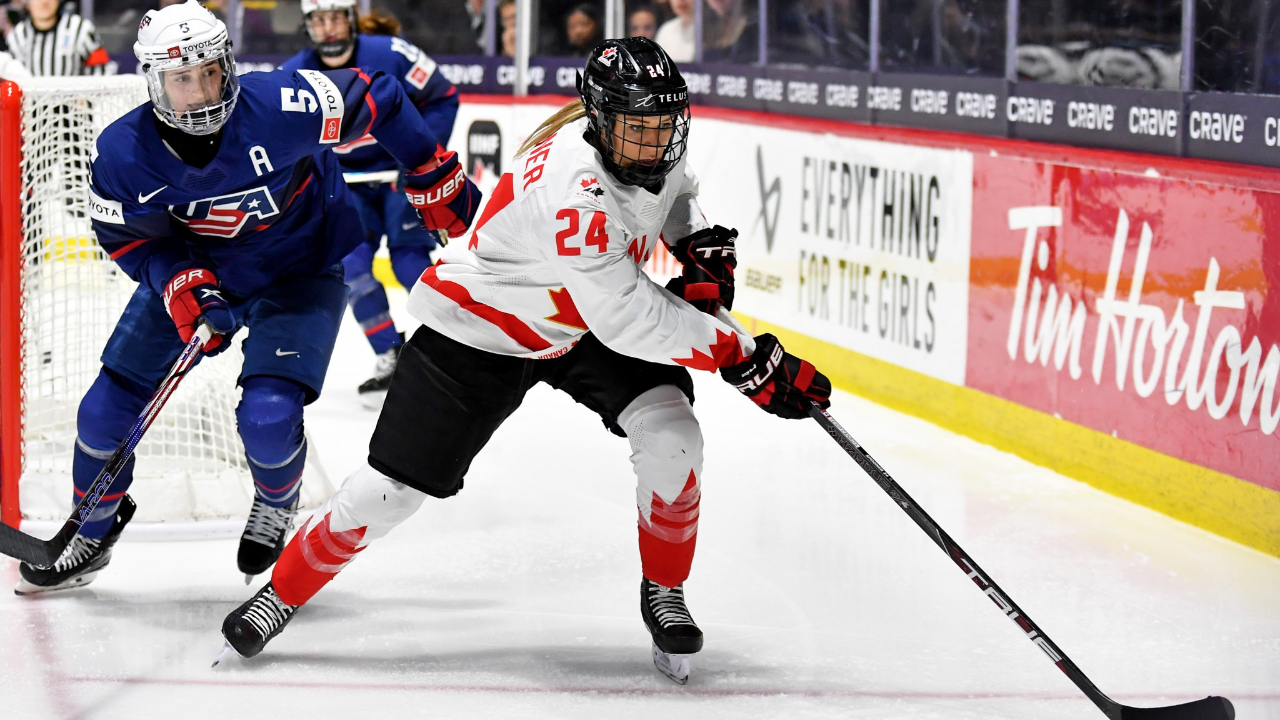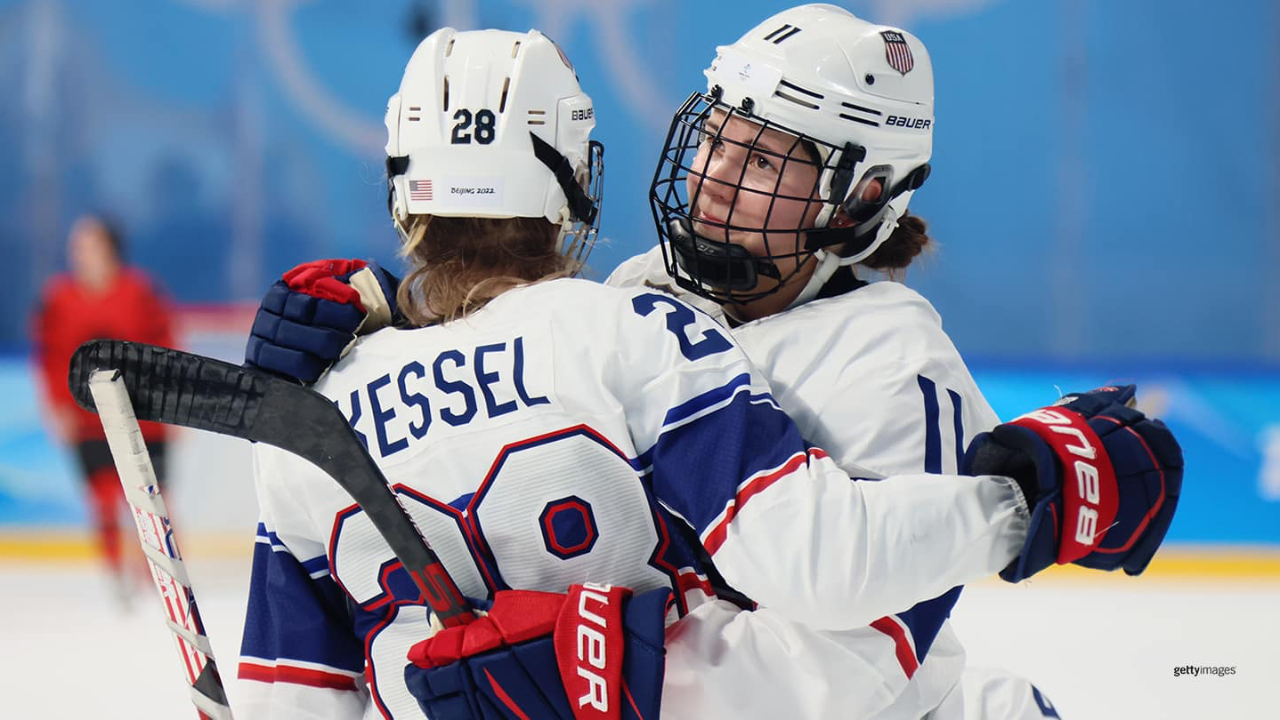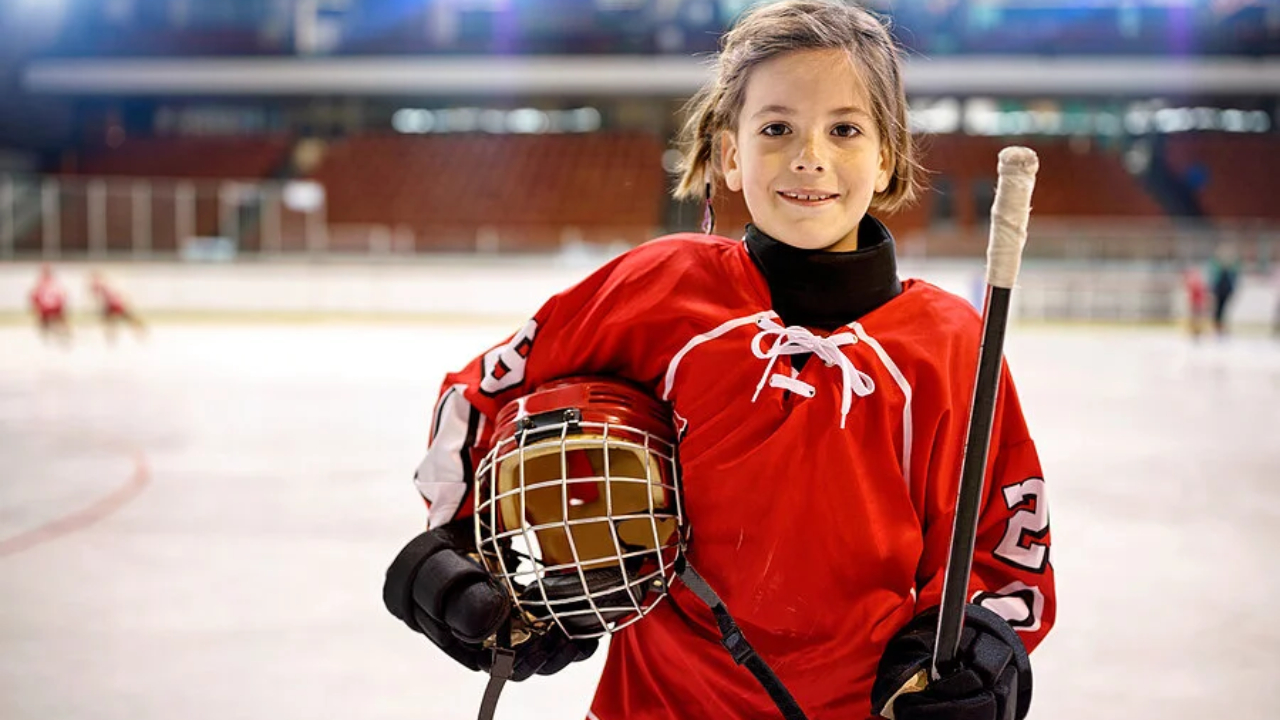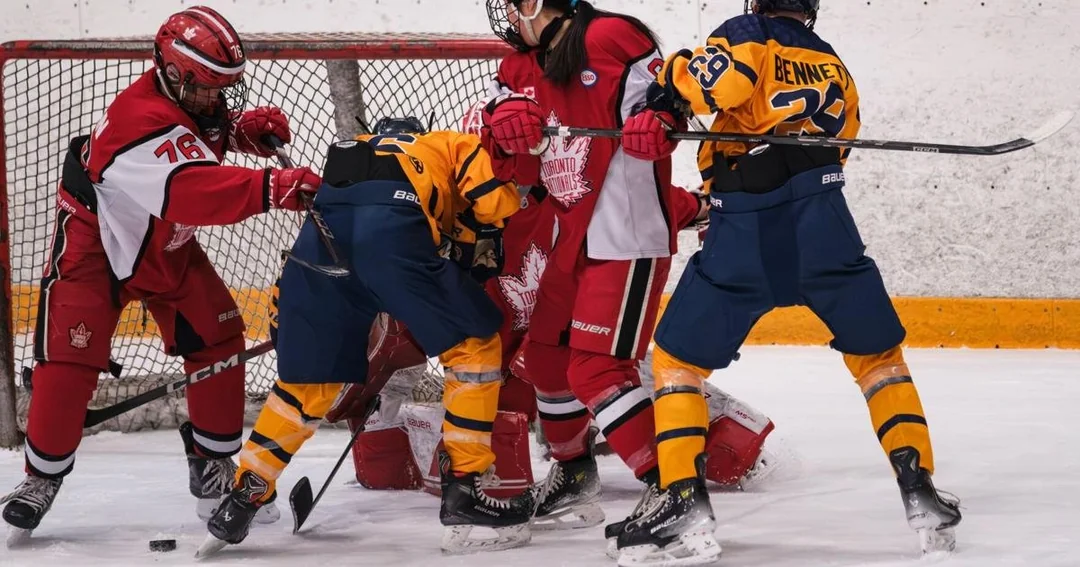
The Adaptive Coach: Designing Environments That Think Back
(3:5) Safe to Fail – Coaching the Sequential Mind in an Ecological World
By Coach Barry Jones – IIHF Level 3 High Performance | USA Hockey Level 3 Performance | Head Coach, Perth Inferno (AWIHL)
- Part 1 - The Adaptive Coach : How We Think, How We Play
- Part 2 - The Adaptive Coach : Designing the Map – Creating Safety in Chaos
- Part 3 - The Adaptive Coach : Safe to Fail – Coaching the Sequential Mind in an Ecological World
- Part 4 - The Adaptive Coach: Applied Chaos – Stories from the Ice
- Part 5 - The Adaptive Coach: Adaptable Reflection – Creating Environments That Learn in Real Time
The Paradox of Safety
Every coach says they want their athletes to “feel safe to fail.”
But in reality, most of us only mean safe to fail when it’s convenient.
We celebrate failure as learning data until it shows up in the standings.
For athletes who think sequentially, who build confidence through clarity, understanding, and completion, that mixed message can create internal conflict.
They don’t fear the error itself; they fear the ambiguity that follows it.
When something breaks down, they immediately want to know:
Why? What part didn’t fit? What should I fix?
If that answer doesn’t come, the failure lingers, replaying like unfinished homework in the back of their mind.
The Psychology of Closure
In traditional coaching, we often move on after a failed task once we understand why it failed.
But for the sequential reasoner, closure is part of psychological safety.
They don’t need the perfect answer, they need to understand the logic behind the outcome.
If I skip that step, I unintentionally create a gap that their brain fills with self-blame.
Inside an ecological environment, that’s a problem.
Because if athletes internalize failure as identity, they stop exploring.
The uncertainty that should drive discovery becomes a threat to self-worth.
Turning Failure Into Data
The fix isn’t to protect them from failure, it’s to reframe what failure means.
When a task breaks down, I shift the conversation from outcome to observation:
- What did you notice?
- What information did the environment give you?
- What did that tell you about the problem?
By moving attention away from fault and toward feedback, the failure becomes part of the data loop.
It transforms from I failed to I learned something that didn’t work yet.
That subtle shift creates permission to experiment again.
Case Study: The Support-Zone Breakdown
Mid-season, I ran a progression designed to build net-front support within our Role Ecology framework.
The first version flopped, no rhythm, no flow, no learning.
The second version looked almost identical on paper, but the difference was the why.
Before we began, I anchored the task:
“We’re exploring how our second-layer support changes the defender’s read at the net front. You’re not chasing pucks, you’re shaping decisions.”
That one sentence changed the session.
The sequential players had a reason to explore; they weren’t just moving, they were investigating a problem.
Mistakes still happened, but this time they laughed, discussed, and adjusted.
The environment didn’t change, the framing did.
Safety Through Shared Meaning
For athletes who process sequentially, clarity equals safety.
The more they understand the intent behind the constraint, the more freely they explore within it.
That doesn’t make them rigid; it makes them deliberate.
And deliberate players, once confident in the rules of engagement, become some of the most adaptable problem-solvers you can coach.
Our job is to create a culture where curiosity replaces fear, where “why did it fail?” is met with “let’s find out together.”
From Control to Connection
Traditional coaching relies on control: fix the error, repeat the pattern, measure the output.
Ecological coaching relies on connection: understand the context, engage with the environment, interpret the output.
Sequential learners bridge these worlds.
They show us that the path to creativity doesn’t start with chaos; it starts with clarity.
When they feel safe to fail, they stop performing for approval and start performing for understanding.
Closing Reflection
Failure is the most honest feedback system in sport.
It tells us what the environment values and what the athlete perceives.
But without context, it becomes emotional rather than educational.
As coaches, our role isn’t to remove failure; it’s to make it safe enough to study.
That’s when failure stops being a setback and starts becoming the foundation of mastery.
“Failure isn’t feedback until it’s understood. Clarity turns chaos into data.”
Author Bio: Barry Jones is an IIHF Level 3 High Performance Coach and USA Hockey Level 3 Performance Coach. He currently serves as Head Coach of the Perth Inferno (AWIHL) and leads the Blaze Development Program. His work blends ecological dynamics, nonlinear design, and athlete-centred leadership to build adaptive teams that thrive in uncertainty.

